Protecting Your Hearing for a Lifetime
Hearing Protection: What, Why, and How?
If you are new to hearing protection, rest assured you are not alone. Many people are unaware of the risks of noise-induced hearing loss (NIHL) and the importance of protecting their hearing. Whether at work, during recreational activities, or in daily routines, safeguarding your hearing is key to overall wellbeing.
Why is Hearing Protection Important?
Our ears are sensitive and delicate organs. A single instance of loud noise or prolonged exposure to moderate noise can lead to permanent hearing damage, tinnitus (ringing in the ears), or other auditory issues. Everyday activities such as attending concerts, using power tools, or mowing the lawn can pose a risk.
Here’s what you need to know to make informed choices and protect your hearing.

Types of Hearing Protection:
- Earplugs:
Small, disposable devices inserted into the ear canal to block or reduce sound. Available in foam, silicone, and wax, earplugs offer varying levels of noise reduction. Suitable for concerts, travel, work, or recreational activities, they are compact, portable, and effective for protecting your hearing. - Earmuffs:
Over-the-ear devices that cover the ears to form a physical barrier against noise. Ideal for consistent or high-frequency noise exposure, such as industrial work, construction sites, shooting ranges, or concerts. Earmuffs provide effective noise reduction and are easy to use and maintain. - Custom-Fit Hearing Protection:
Created from impressions of the wearer’s ears, custom-fit devices offer optimal noise reduction. They provide a snug, secure fit that blocks unwanted noise while allowing desired sounds, making them ideal for both work and leisure environments. - Electronic Hearing Protection:
Advanced devices using microphones and speakers to amplify low-level sounds while automatically reducing high-level noise. Perfect for fluctuating noisy environments, they allow situational awareness while protecting hearing, with customizable amplification settings.
Am I Protecting My Hearing Effectively?
Effectiveness depends on proper use. Best practices include:
- Avoid over-attenuating devices, which can cause isolation and reluctance to wear them.
- Ensure protection reduces exposure to below 85 dB at the ear.
- Keep devices accessible in noisy environments.
- Fit earplugs or earmuffs snugly for an effective seal.
- Choose protection suitable for the environment.
- Wear consistently in noisy conditions.
- Inspect and replace devices showing wear or damage.
- In extremely loud settings, consider double protection (earplugs + earmuffs).
Can I Still Communicate Well When Wearing Hearing Protection?
Just as sunglasses improve vision in bright light, hearing protectors help maintain speech understanding in noisy places. Normal-hearing individuals can generally hold conversations while wearing them. People with hearing difficulties should still use protection to prevent further damage, though initial adjustment may slightly affect speech comprehension. Most users quickly adapt to recognize important sounds even while protected.
Why is the NRR (Noise Reduction Rating) Important?
When choosing hearing protection, consider noise levels, exposure duration, comfort, and convenience. NRR measures a device's ability to block sound in decibels. The listed NRR is maximum protection if fitted perfectly; in practice, attenuation is about half the rated NRR. For example, an NRR of 30 usually blocks 15 dB of noise. All earplugs and earmuffs in stock have accredited NRR ratings.
Need Assistance or Consultation?
Prevention is key. Protect your hearing today to preserve it for the future. If unsure which hearing protection suits your needs, consult the SOUNDLIFE team — we’re here to help!
Contact Us:
(0815) 1353-8888 — Chat via WhatsApp
Protect Your Precious Hearing
so you can embrace symphony of life with no limit
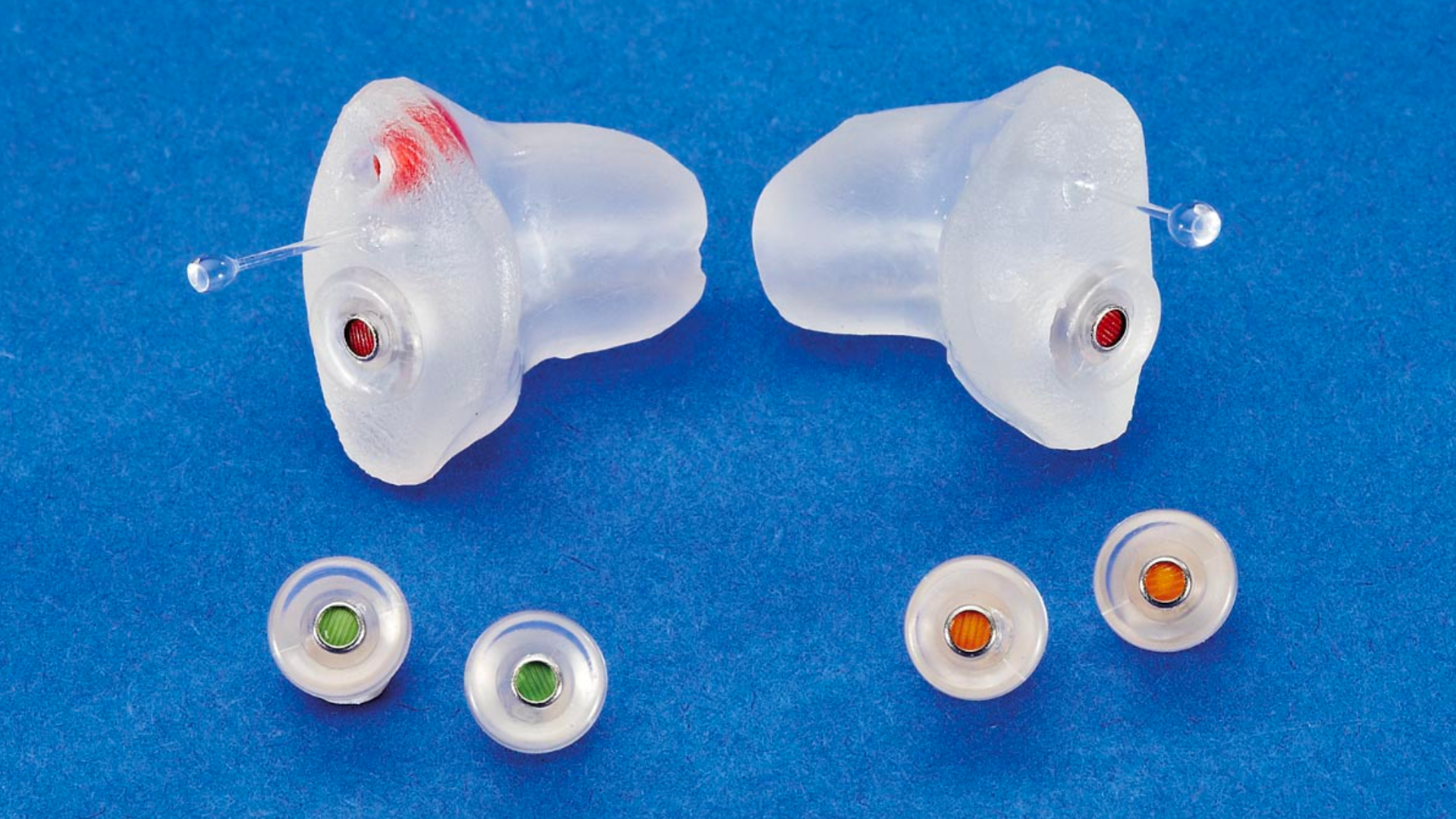
Custom-Fit Hearing Protections
Custom-fit hearing protections provide optimal protection from hearing damage caused by high noise levels. They are useful for individuals who are frequently exposed to loud noises in their daily lives, such as musicians, construction workers and dentists.
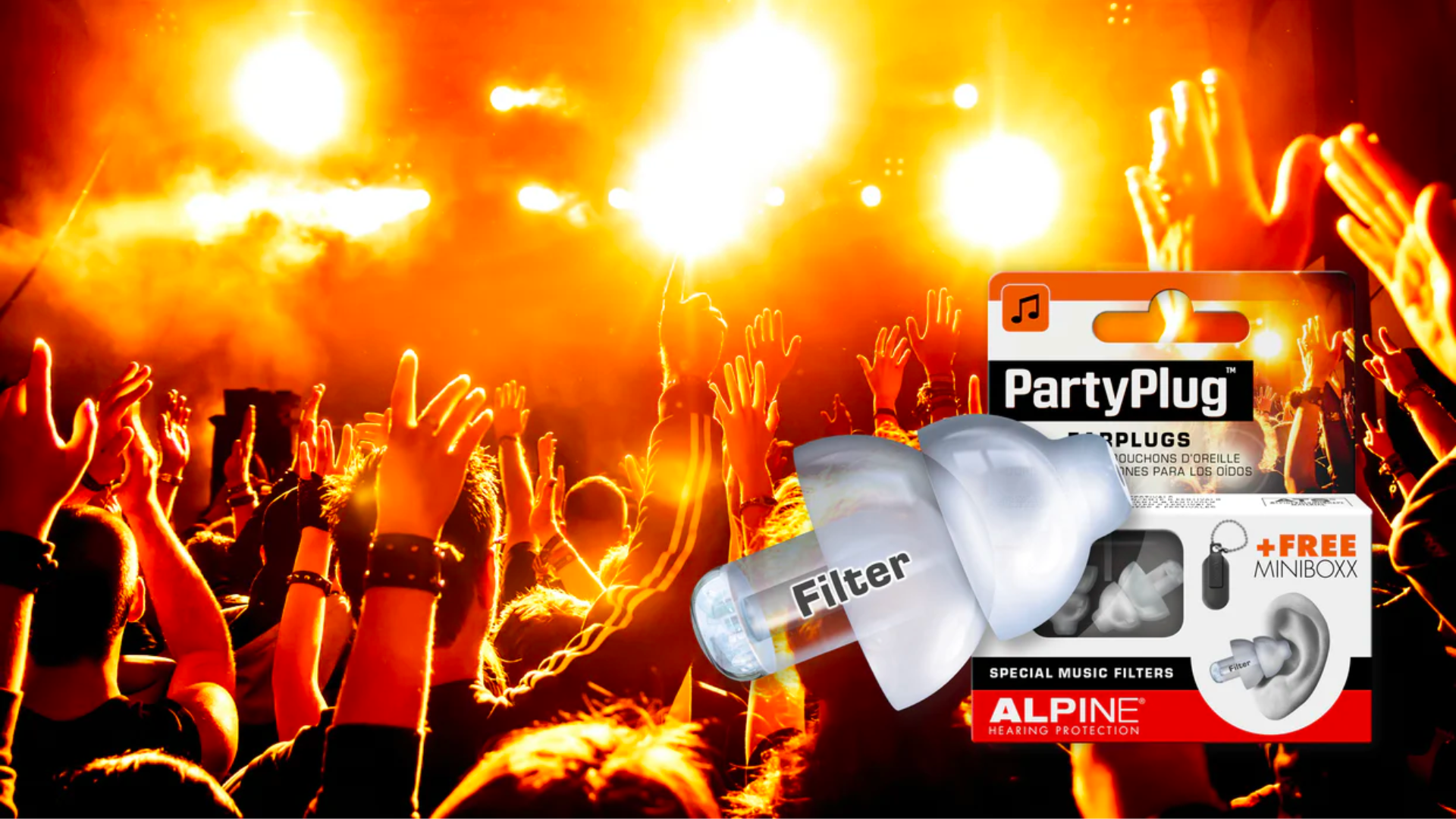
Universal-Fit Activity Earplugs
Using universal-fit activity earplug is a comfortable, convenient and affordable way to protect your hearing from loud noises and maintain good hearing health. They can ensure that you maintain good hearing health for years to come.
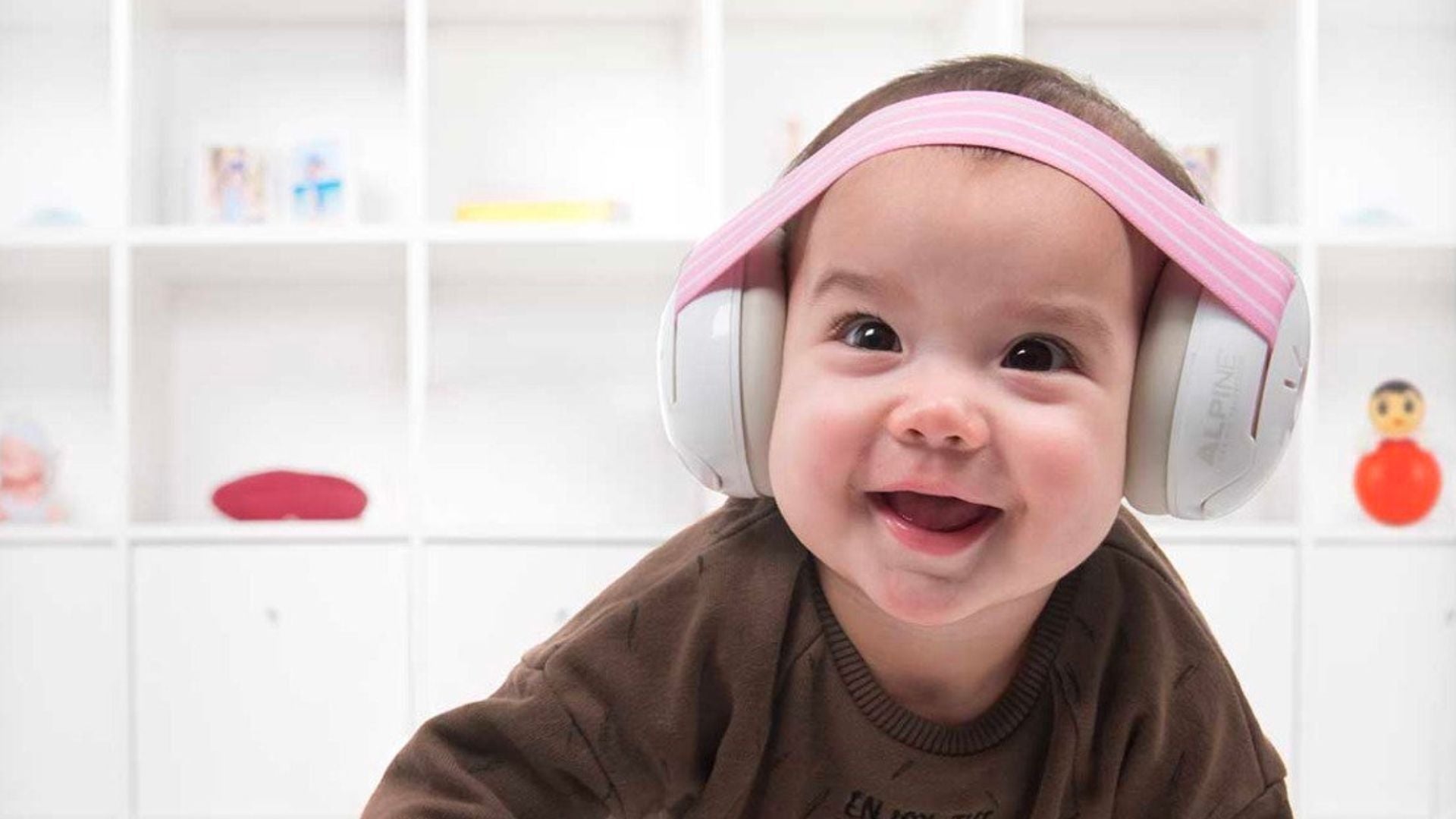
Earmuffs for Babies and Children
Everyday life can be loud and intimidating for a little one, but noisy environments can actually be dangerous to their delicate ears. Being around too much loud noise can make you lose your hearing — and once it's gone, you can't get it back.
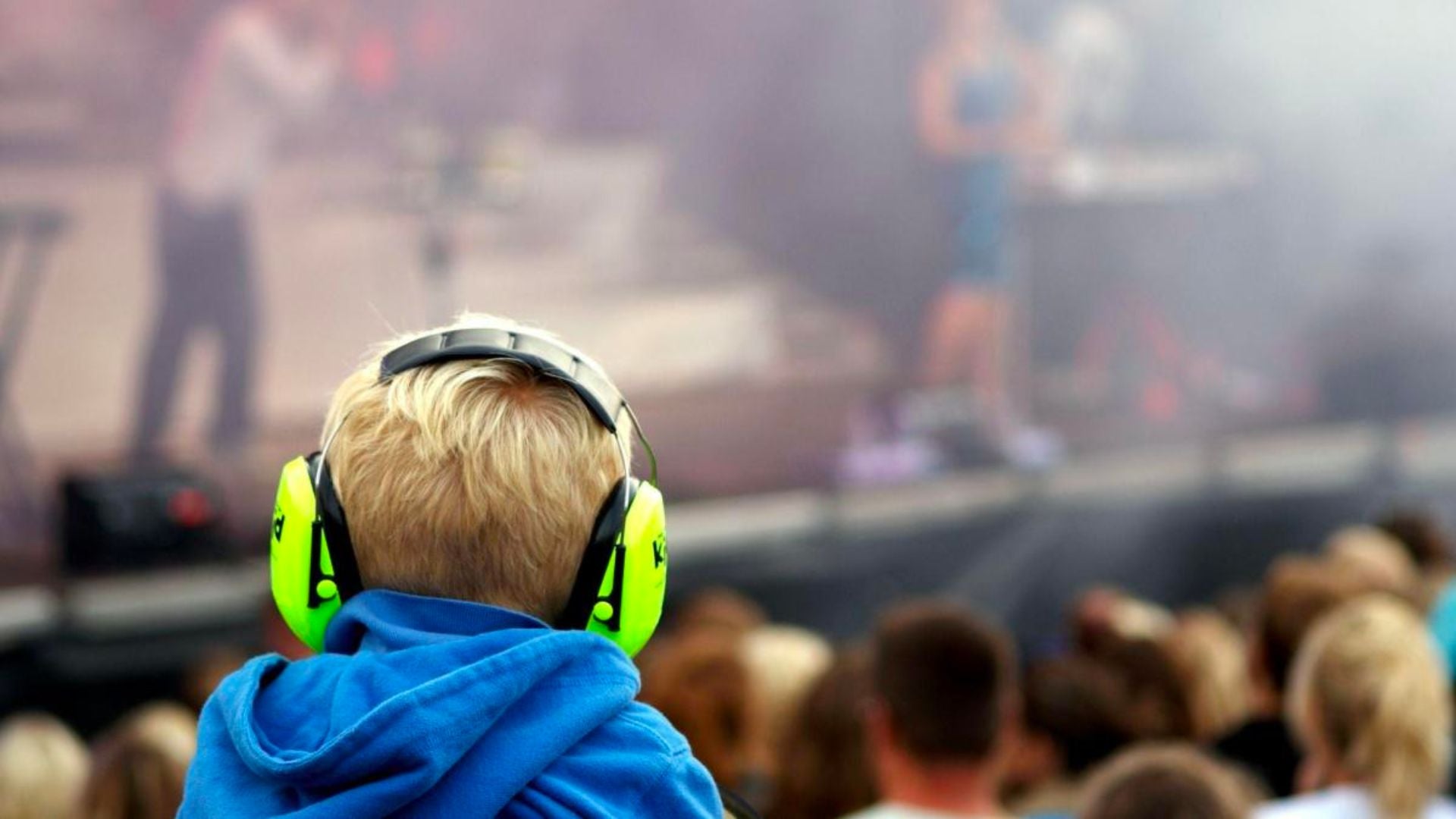
Do I Need Hearing Protection If I Have Hearing Loss?
It’s never too late to protect your hearing, even if it is partly damaged. If you need hearing aids in the future, they will only be effective if you have some hearing left, and hearing protection will conserve the hearing that remains.
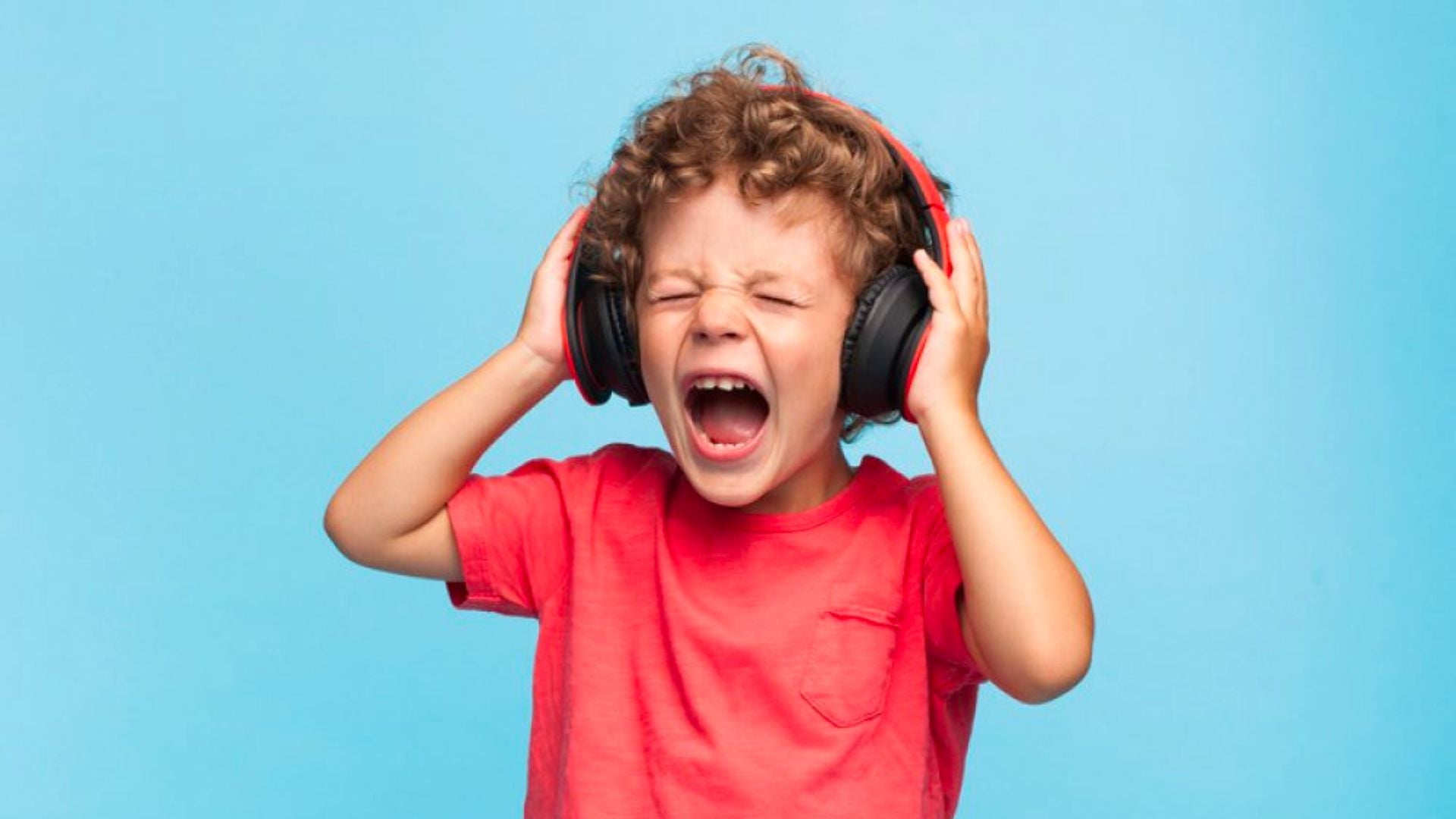
Hearing Loss Prevention in Kids
Teenagers face an increased risk of hearing loss due to their exposure to loud music, regular use of headphones, and attendance at noisy social events. By using hearing protection, they can prevent the negative consequences of hearing loss in the future and safeguard their hearing health.
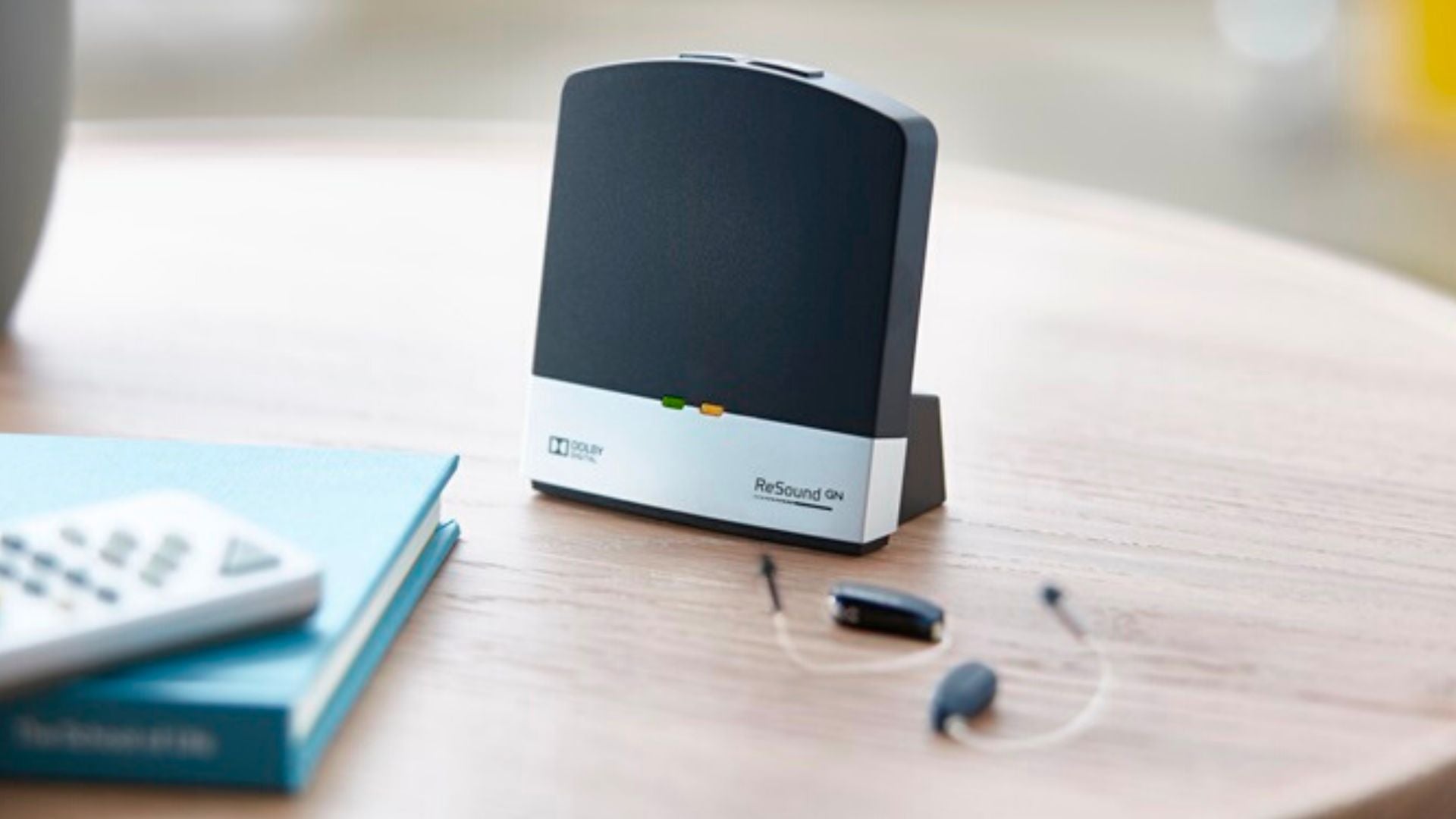
Hearing Solutions
With more than 100+ hearing devices, you will always get the product that best fits your personal hearing needs. Our goal is to provide each customer the best care possible based on their unique lifestyle, budget and hearing condition.
Invest in Your Hearing Health
Don't wait until it's too late to protect your hearing. Make hearing protection a part of your daily routine and enjoy a lifetime of healthy hearing.


